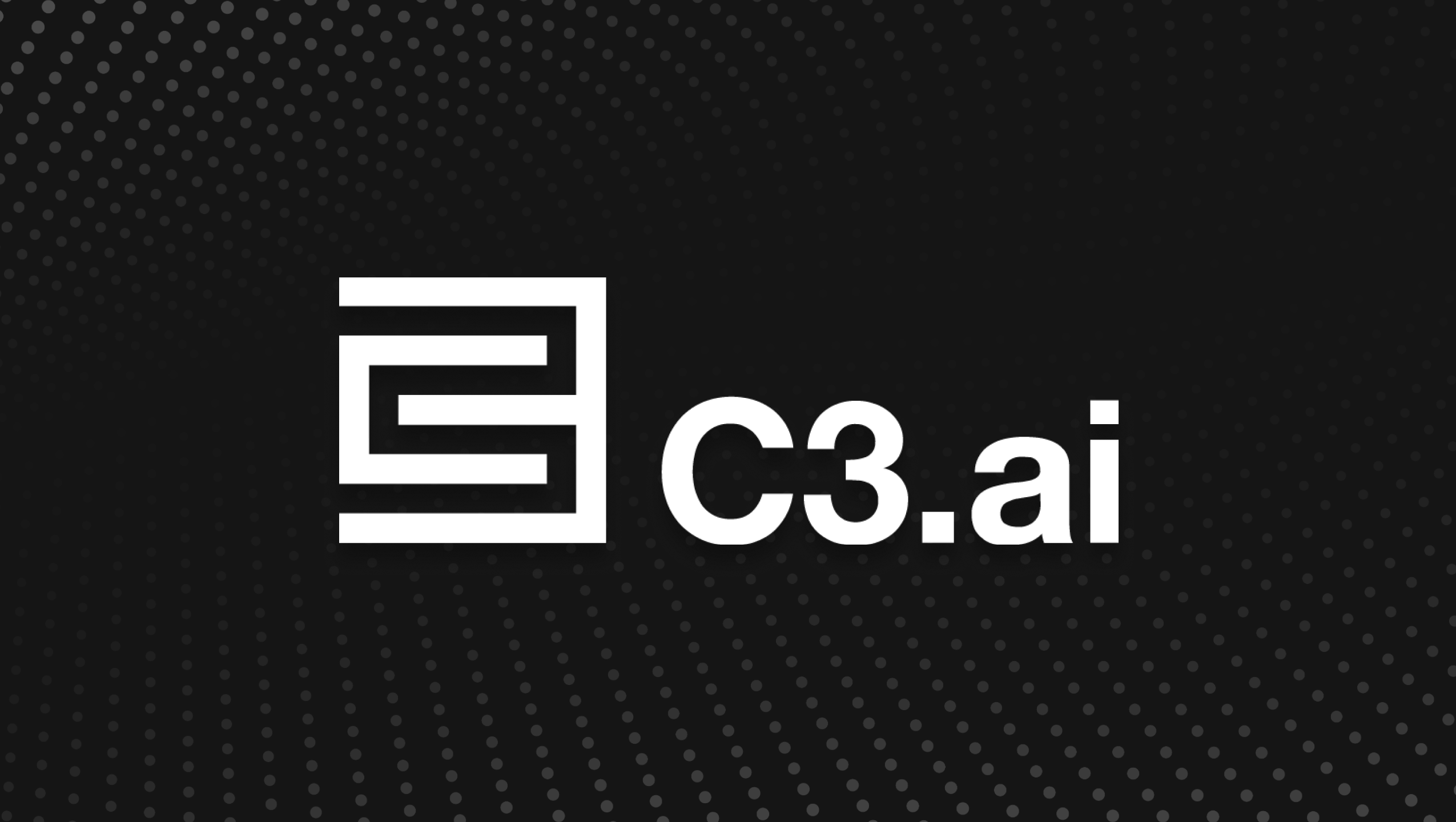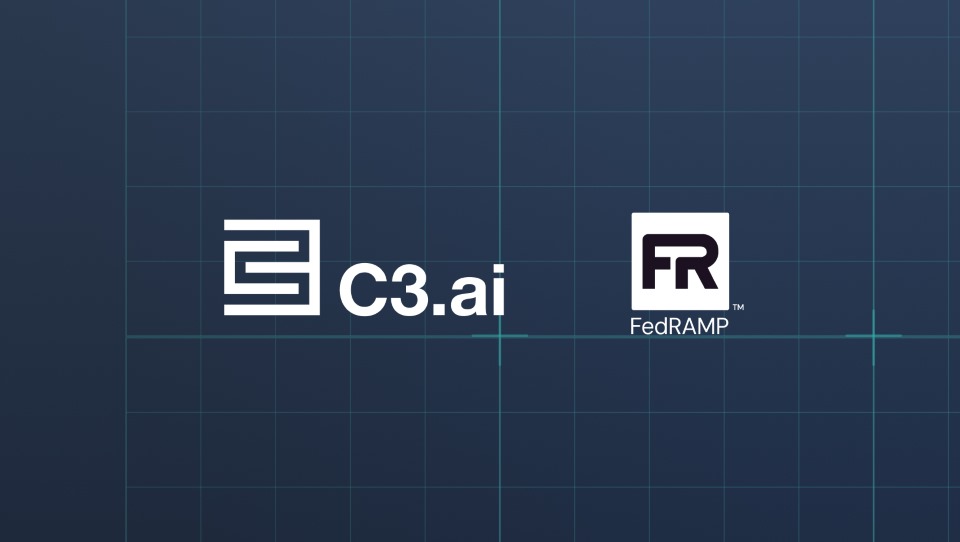When you’ve been trampled by an elephant, you’re not afraid to speak your mind. At least, that seems to be the case for Tom Siebel, the founder of powerhouse AI startup C3.ai, which he disclosed made $160 million in revenue last year in a candid interview with Business Insider on Thursday.
“We did about $160 million in revenue last year, and we’re growing at about an 80% compound annual growth rate, so pretty rapidly,” Siebel said. The company is “structurally a profitable business, so I can throw this into profitability at the turn of a lever. Right now there’s no point in being profitable, because we’re not public.”
That revenue figure would likely be enough to attract Wall Street’s interest in the event of a public offering, but Siebel said that won’t happen this year.
“When the economy comes out of this, which I would hope would be, you know, ’21 or ’22, I think this is going to be a really powerful company. That’s when I would like to take this company public,” Siebel said. “I’m not, you know, 21 years old and didn’t graduate from college yesterday. I’m not looking for my 15 minutes. We want to build, you know, a really high-quality company.”
Siebel said C3.ai is doing transactions in up to $50-million-dollar increments, with an average deal size of $9 million. “We are, I think, by far the world’s leading provider of commercial industrial AI applications.” The company, founded in 2009, provides AI programs in areas such as supply chain optimization, AI-based predictive maintenance, fraud detection and other “very high-value applications,” Siebel said.
The athletic and outspoken Siebel was famously trampled by an elephant while on vacation in Tanzania in 2009. Before C3.ai he was the founder and chief executive officer of Siebel Systems, an early customer relationship management company that reported annual revenue in excess of $2 billion. Oracle — Siebel’s one-time employer — bought Siebel Systems in January 2006 in a deal valued at almost $6 billion.
C3.ai has raked in $360 million in venture capital, most recently in a $50 million September round led by BlackRock. It creates predictive analytics systems to help the Air Force, Shell, and other large organizations stay apprised of upcoming repair needs – among many other AI services for multi-national companies.
So what the plain-spoken Siebel says about taking his company public sets the tone for an AI startups industry, and what he says about the economy reflects decades as an executive and founder in Silicon Valley.
Strengthening its position
Siebel said C3.ai has had the opportunity to buy a half-dozen struggling AI companies the past few weeks, but “we have no interest in buying a company.”
Siebel also said that C3.ai is “using this as an opportunity to, you know, just kind of consolidate our position, strengthen our position, hire really talented people.”
Last winter C3.ai posted billboards on Highway 101, the well-traveled commuter highway that runs through Silicon Valley saying “We’re hiring.” The billboards are still there, but with a different message, Siebel says, after 55,000 people applied to the 450- person company.
On bringing employees back into the workplace now
In an early move in tech, Siebel said C3.ai is bringing its employees back into offices at its Silicon Valley headquarters and around the world, except for New York City, after several months of sheltering in place from the COVID-19 pandemic. Returning to the office is purely voluntary, he said, during this first phase of a three-phase return. He said the company is returning to the office to better serve customers who rely on C3.ai for “pretty serious stuff.”
“We provide support for critical infrastructure all over the world, like utility operators in Europe” and the United States, he said. “If our system were to go down in some of these locations, the implications would be disastrous.”
A believer in “the collective IQ” of people working together in the same location, Siebel formerly had a policy that all employees needed to work in the office, which is unusual for tech. He described the firm’s Redwood City offices overlooking the Baylands waterway at the south end of San Francisco Bay as a “happy place.”
‘This is going to look like past recessions’
“This is going to look like past recessions,” Siebel said, but potentially with deeper financial losses over a longer period. “I don’t think anybody’s ever seen anything like this.”
The government is bailing out big companies and their wealthy investors – including tech companies – at the expense of small businesses, Siebel said. “Nobody cares about high-tech companies, with all due respect,” Siebel said. “And by the way, nobody cares about Boeing or American Airlines either.”
Middle America is really feeling the pain of the current downturn, he said. “Small and medium businesses are getting wiped out, and small businesses in the United States are 40% of our GDP.” When those businesses collapse “it disproportionately affects under-represented minorities,” he said. The closing of a neighborhood restaurant, Siebel said, would devastate “all the people who work there – in the kitchen, the dishwasher, the waiters. How are they going to recover?”
Siebel said “I’m not certain how this recovers easily. I’m a little concerned.”
Read the full article here.



